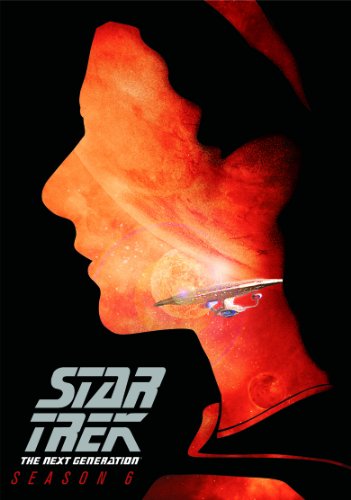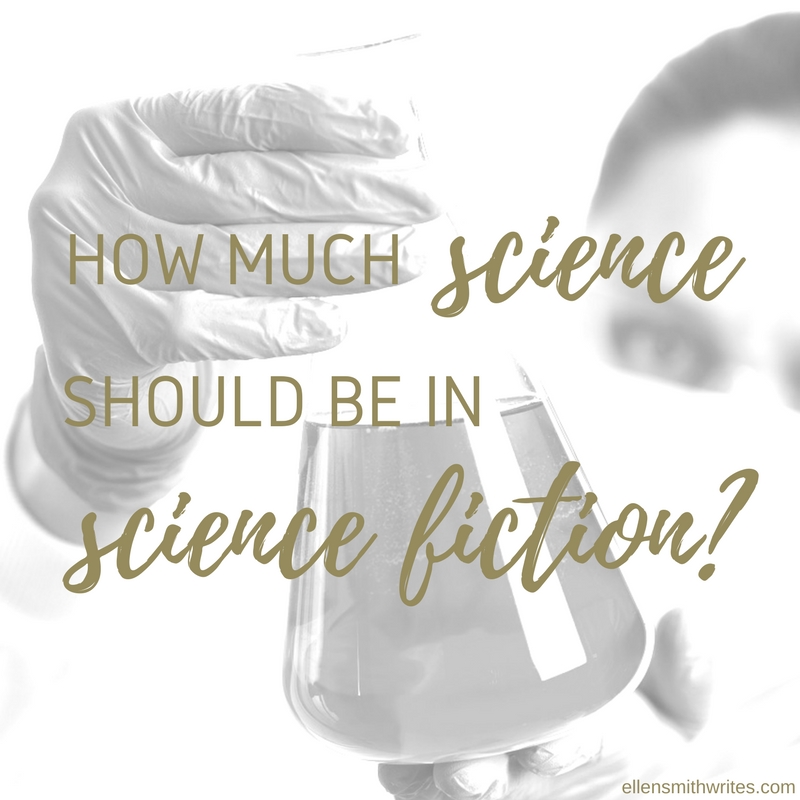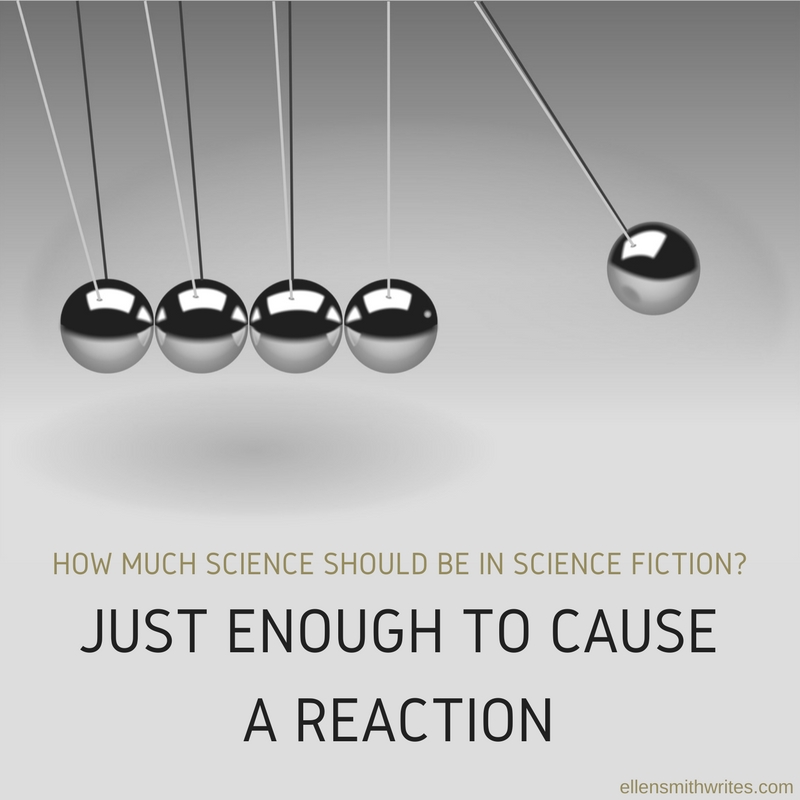It's no secret that I love stories about time travel--in fact, I just finished writing one! Time travel is a premise with endless possibilities. Whether the story's message is ultimately dark, funny, thought-provoking, or anywhere in between, I always enjoy the ride back to the past (or into the future!)
One of my favorite time travel stories is actually an episode from Star Trek: The Next Generation. "Tapestry" appears in the sixth season and features two of the best characters on the show: Captain Jean Luc Picard, fearless leader of the starship Enterprise, and Q, an irreverent practical jokester with god-like powers.
In the episode, Picard is shot and (presumably) killed. He is then confronted by Q, and they have what is possibly the funniest exchange in the history of Star Trek:
“Captain Jean-Luc Picard: Q, what is going on?
Q: I told you. You’re dead. This is the afterlife. And I’m God.
Captain Jean-Luc Picard: You are not God!
Q: Blasphemy! You’re lucky I don’t cast you out or smite you or something. ”
from "Tapestry" (Episode 6:15 of Star Trek: The Next Generation)
According to Q, Picard was attacked during a diplomatic mission and died from damages to his artificial heart--his original, human heart would have withstood the shot. Picard admits to Q that he received the artificial heart as a young man. It seems the commanding and imperious Captain Picard was actually hot headed and impetuous in his youth: when he was a young cadet, Picard got into a bar brawl and was nearly killed. Receiving the artificial heart saved his life back then, but he has always regretted his decision to get involved in the fight at all.
Q gives Picard the chance to go back in time and relive the moment he's always regretted. When he goes back, Picard does choose to live more cautiously and he avoids the tragic fight. However, he discovers that choosing not to be a risk-taker early on greatly impacts the rest of his life. Rather than becoming the Captain of the Enterprise, Picard's career plateaus as a Junior Science Officer, doing routine tasks and staying out of harm's way.
Faced with this unintended consequence, Picard tells Q that he would rather die as the Captain than live this safe but less meaningful alternate life. Q sends him back in time to the bar brawl again, where Picard is stabbed through the heart--just as he was originally. Picard returns to the present day and awakens in the sick bay of the Enterprise, where he discovers that his life has followed its original path. It's up to the viewer to decide whether it was all a dream or one of Q's infamous mind-games on the captain.
One of the coolest moments in the episode is when Picard recounts the events to his friend and first officer, Will Riker. Picard says:
“There were many things in my youth that I’m not proud of... they were loose threads... untidy parts of myself that I wanted to remove. But when I pulled on one of those threads... I unraveled the tapestry of my life.”
from "Tapestry" (Episode 6:15 of Star Trek: The Next Generation)
Whoa.
I love the idea that the loose threads in our past are actually integral to the tapestry of our lives. But at the same time...I'm a writer, so I can't help but wonder "what if?"
- What if it wasn't Picard's own failing that he regretted?
- What if the one thing he would change about his past was a crime that somebody else committed?
- What if that criminal offered to go back in time and take back what he did?
What can I say? The storyline in Tapestry puts my imagination into overdrive. This episode's take on time travel and past regrets is thought-provoking, compelling, and pretty darn funny, too. It's one of my all-time favorites--if you haven't seen it, you're missing out! You can get the full sixth season here (please note: link is an affiliate.)
Do you like time travel stories? So do I! I'm preparing to release EVERY LAST MINUTE, the first novel in my time travel trilogy, this fall! Drop your name and e-mail in the blue bar at the top of the page to receive news and updates!





